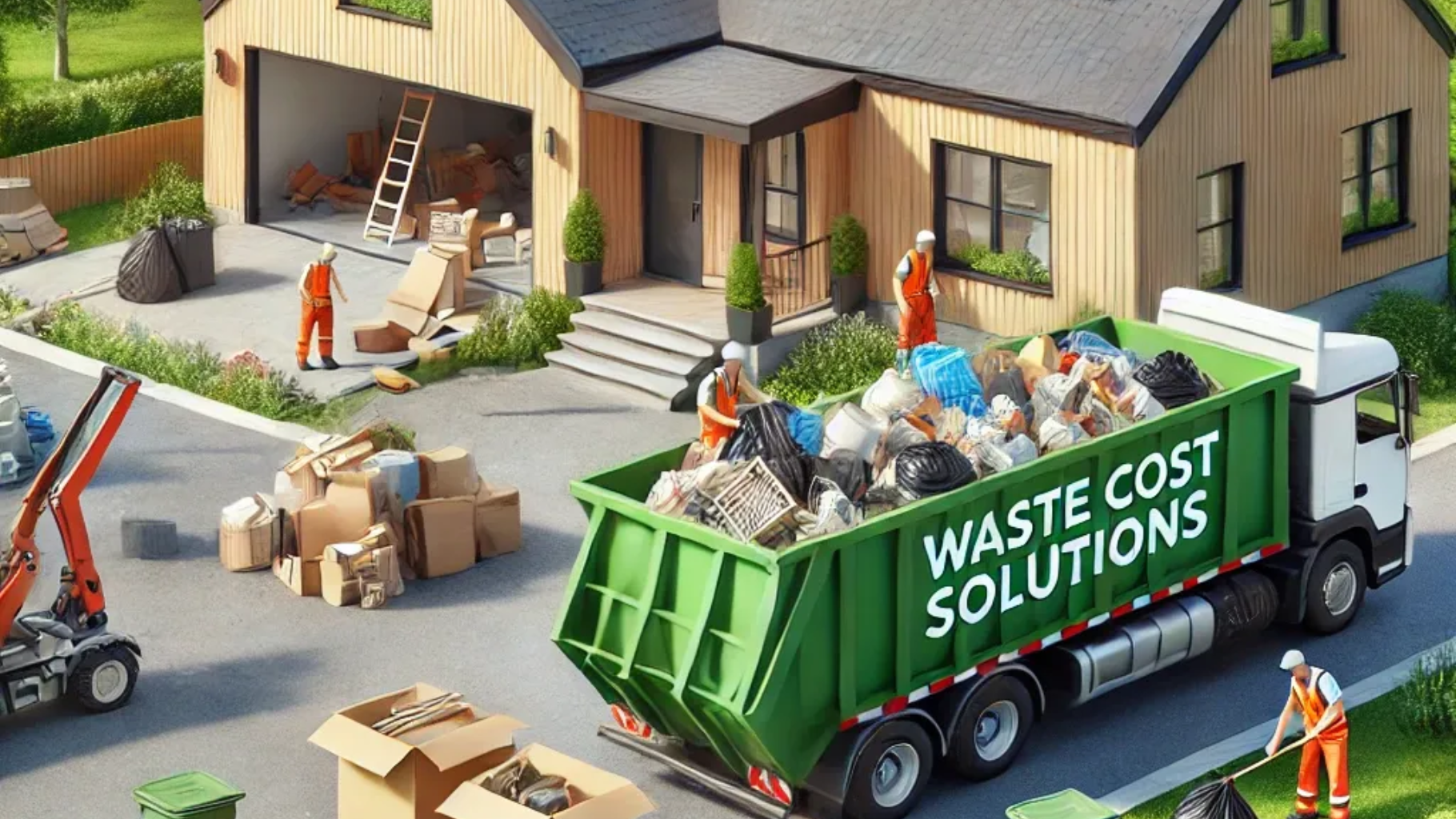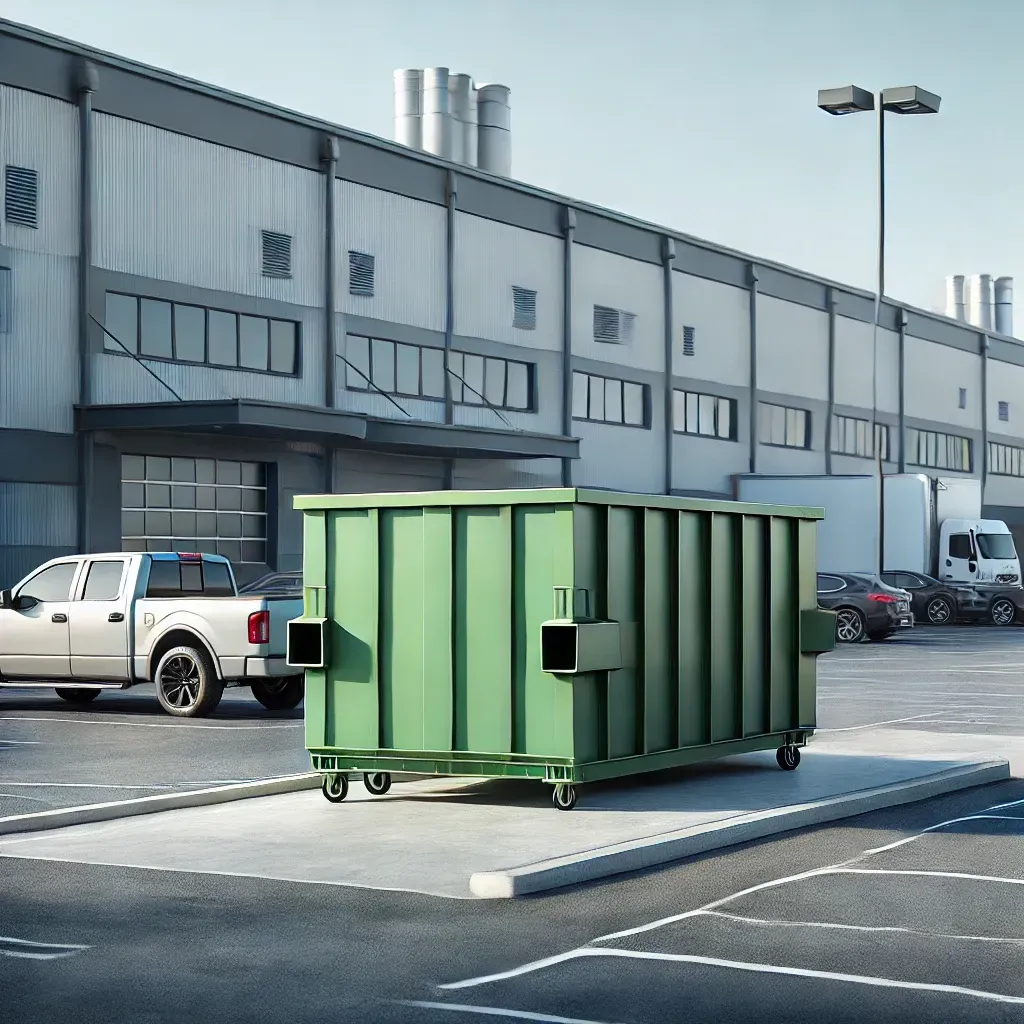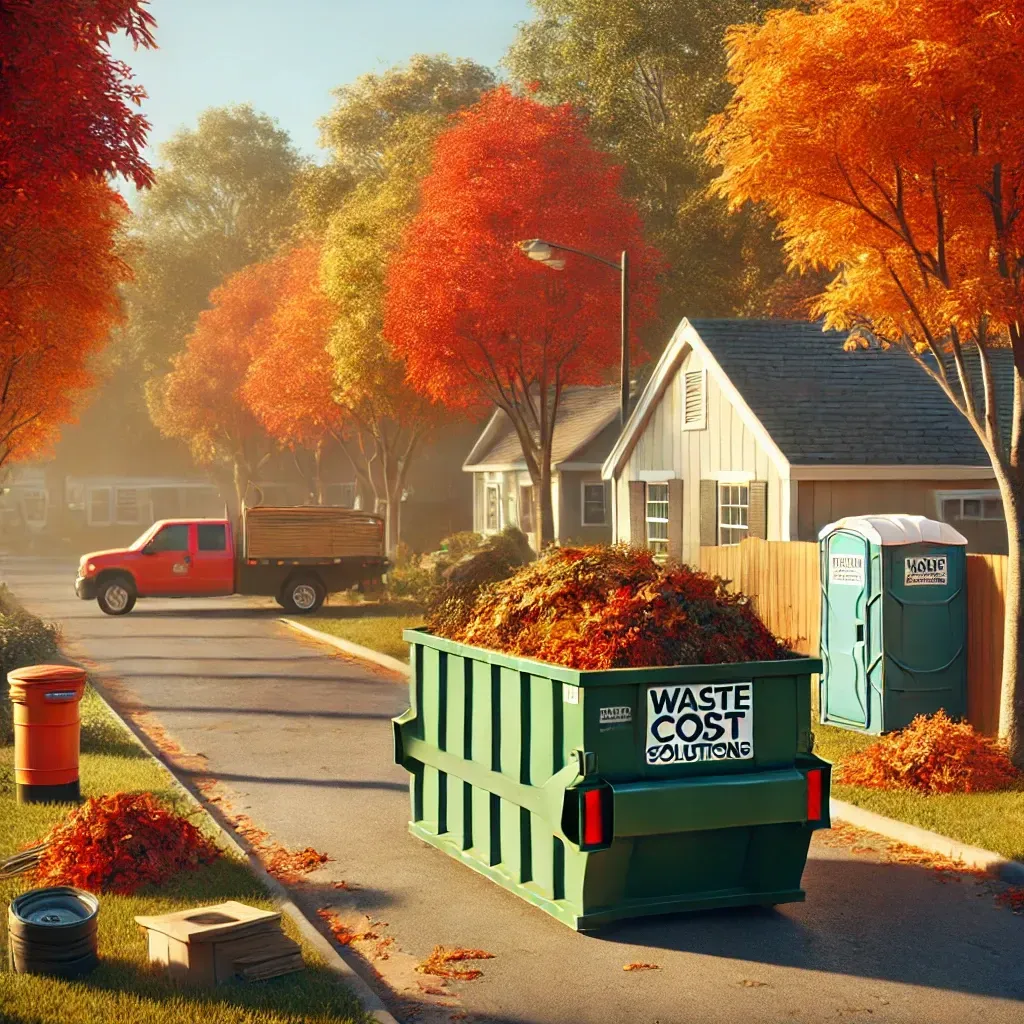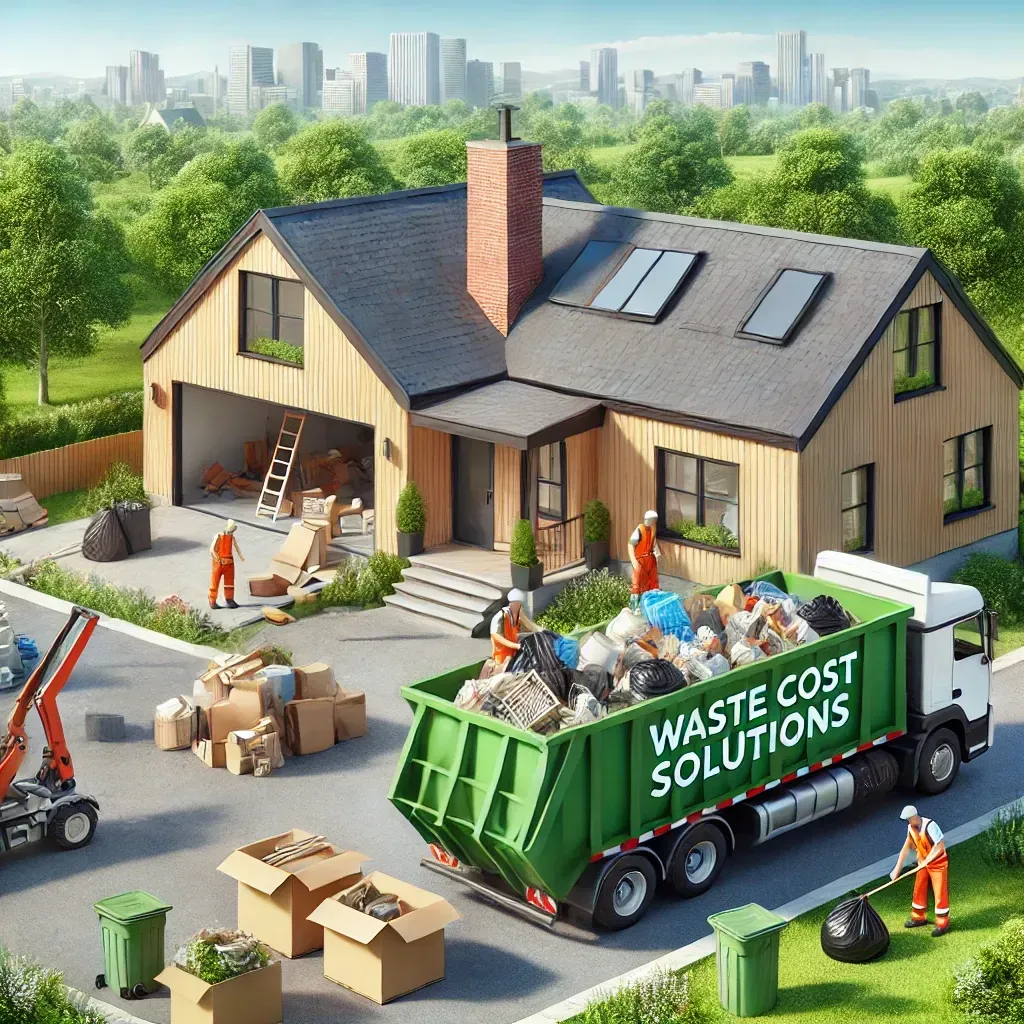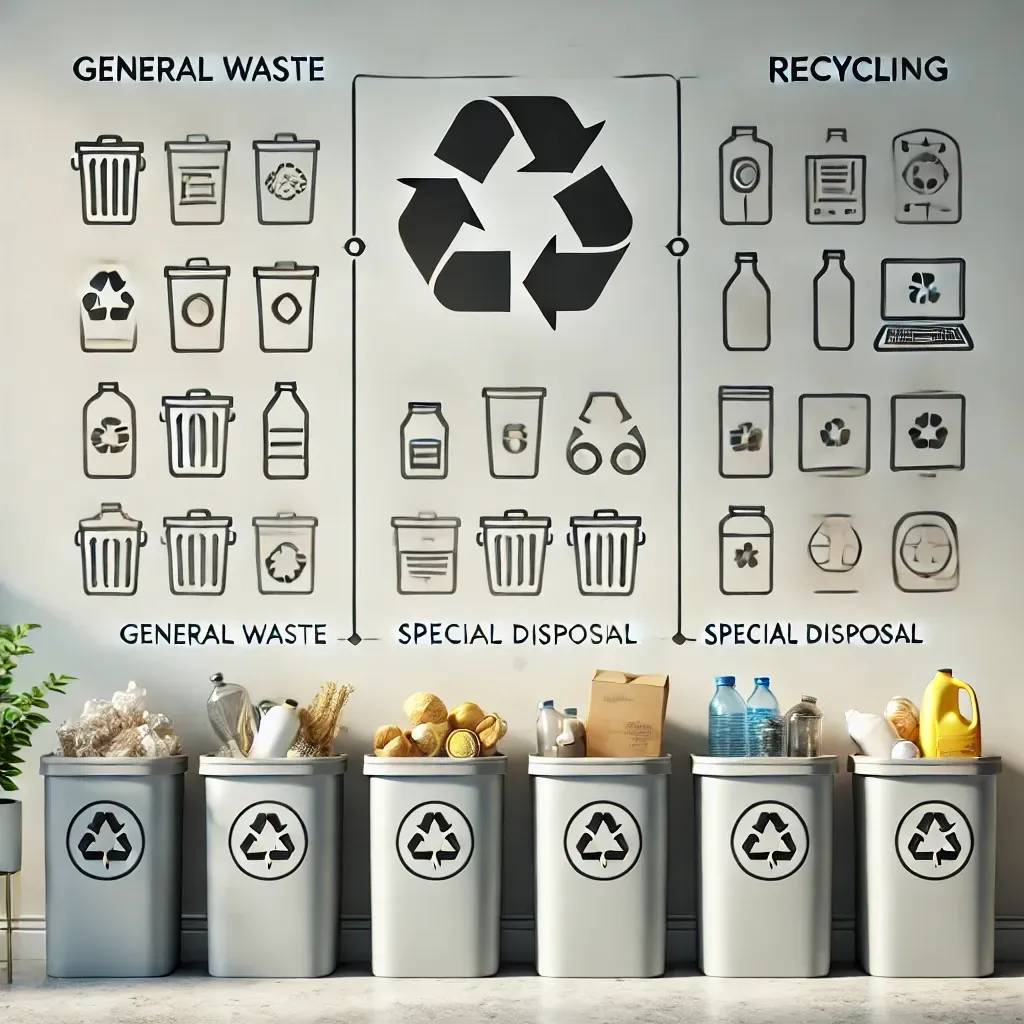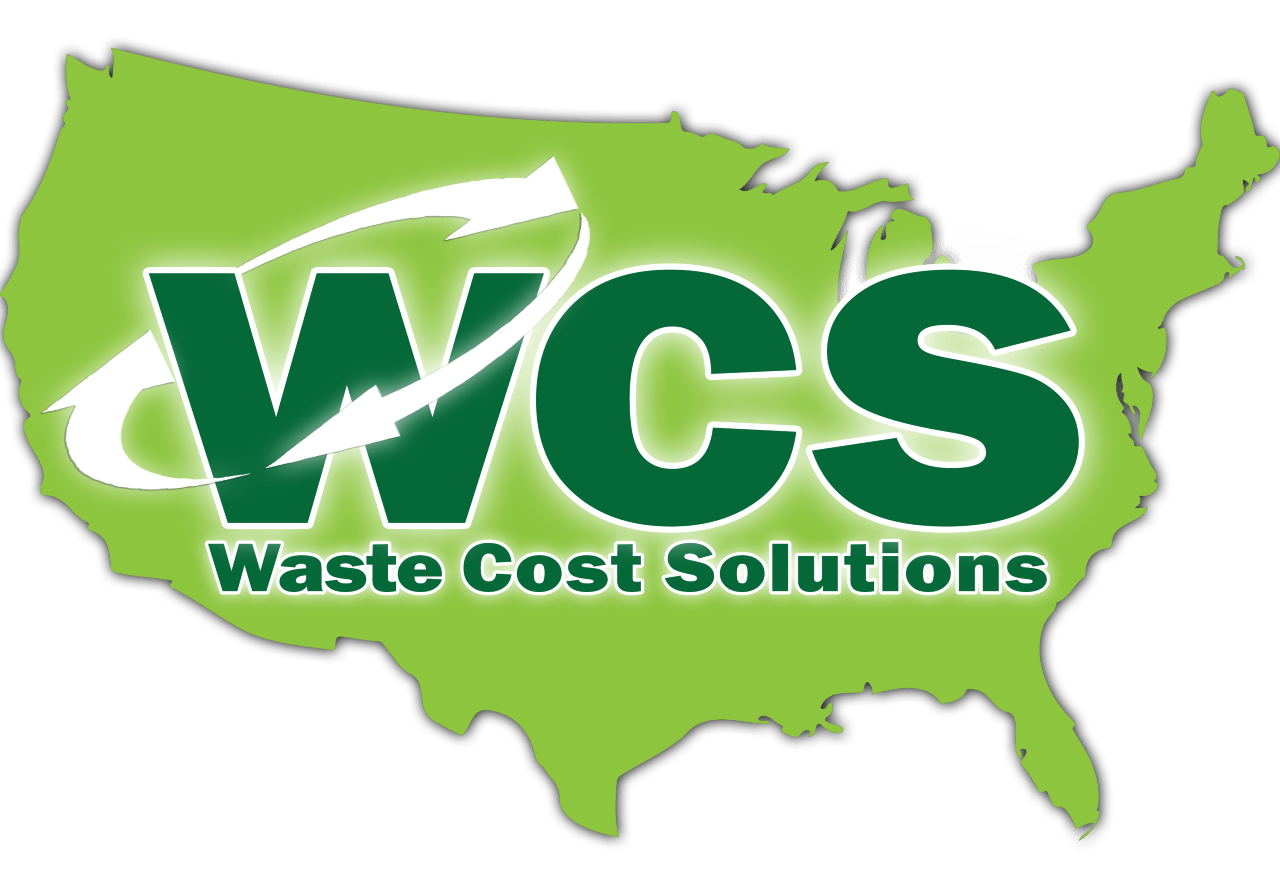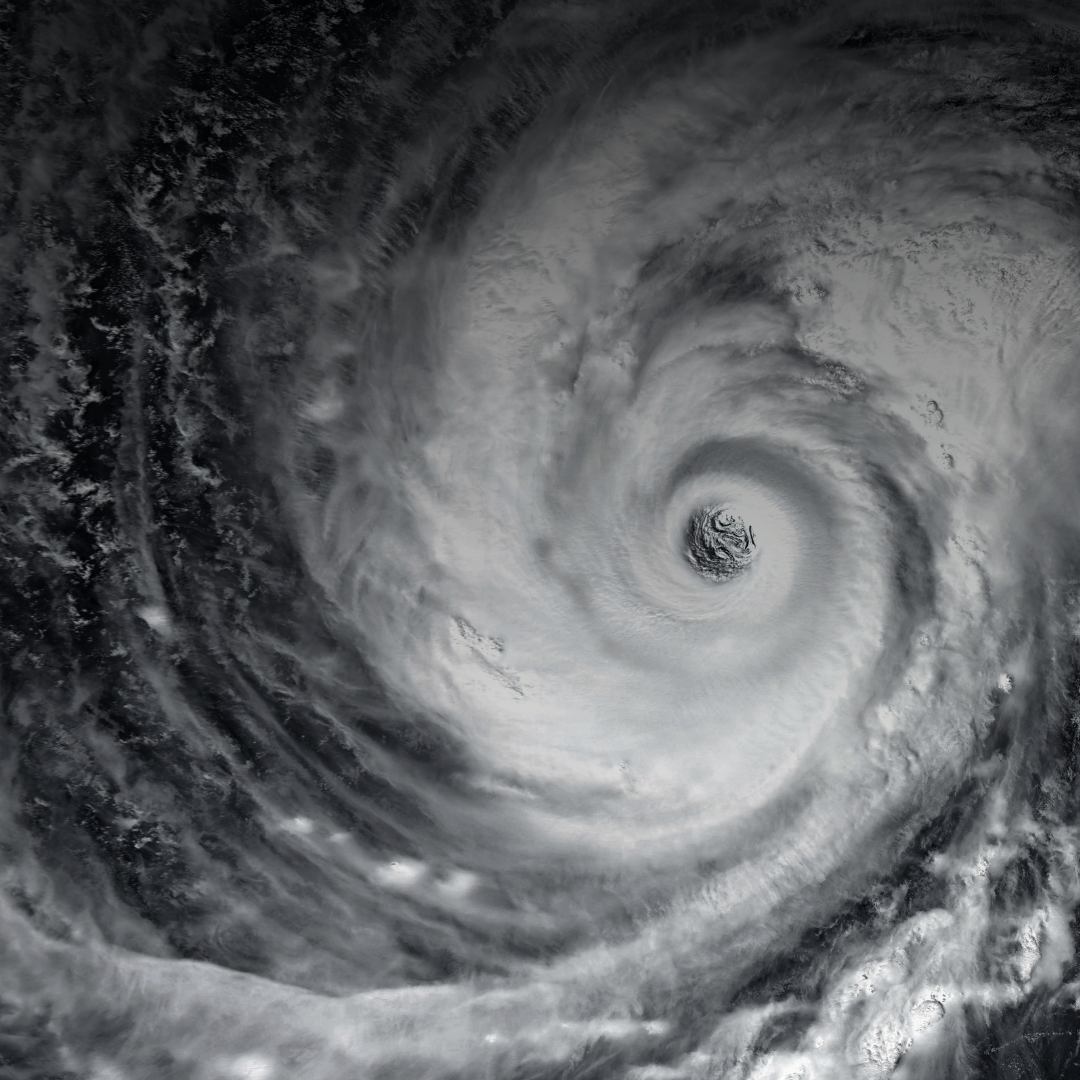What Are The Issues Of Waste Management?
Waste Management: Problems and Solutions
Waste management is a growing concern for many countries. Every day, millions of tons of waste are produced, leading to an increase in the amount of pollution and the depletion of resources. Knowing the issues that arise from improper waste management and how to solve them is essential for creating a sustainable future.

The Issues of Waste Management
The most pressing issue with waste management is that it can lead to significant environmental damage. When waste is not handled correctly, it can leak hazardous chemicals into the ground or air, polluting the environment and causing health problems for people living nearby. In addition, landfills take up large amounts of space, leading to deforestation or urban sprawl. Finally, when certain types of waste are not disposed of properly—such as plastic bags or e-waste—they can end up in oceans and streams, creating more environmental damage.
Recycling and Reuse
One solution to this problem is recycling and reuse. By choosing to recycle materials such as paper, aluminum cans, glass bottles, and plastic containers instead of throwing them away, we help reduce the amount of waste going into our landfills. Recycling also helps reduce the need for new materials by reusing existing ones. Additionally, buying pre-owned items such as clothing or furniture helps reduce the demand for new products while still supplying us with what we need at a fraction of the cost.
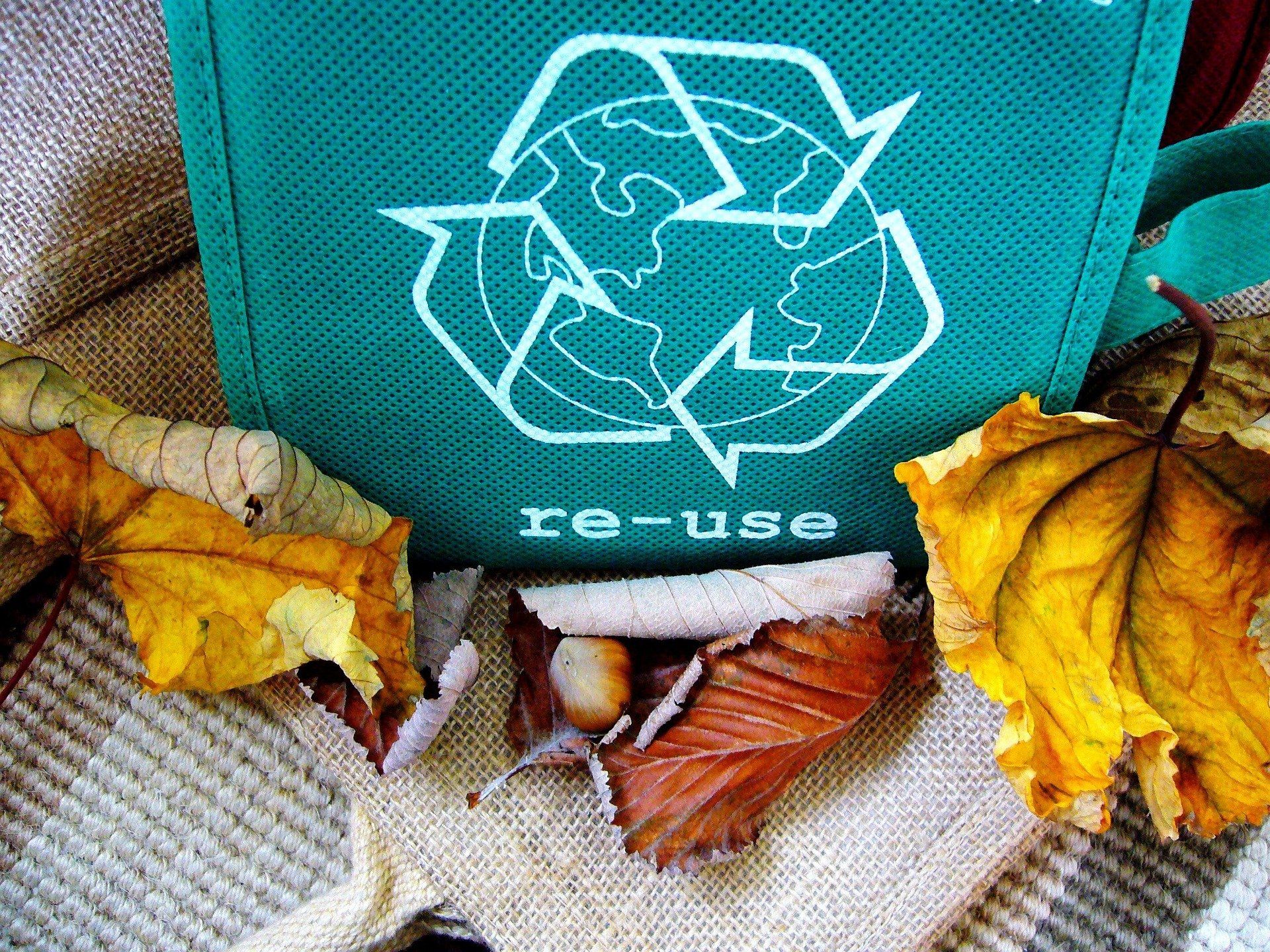
Composting
Another solution is composting organic materials such as food scraps and yard trimmings rather than throwing them away in landfills where they create methane gas which contributes to global warming. Composting these materials helps them decompose quickly without releasing harmful gasses into the atmosphere. It also produces nutritious soil that can be used for gardening or farming projects, which can improve local food security while reducing our reliance on synthetic fertilizers and pesticides.
The Growing Amount of Waste
As more and more people consume products on a daily basis, the amount of waste generated from those products also increases. This has led to landfills becoming overcrowded, which in turn leads to air and water pollution. Furthermore, when organic materials like food and yard waste are mixed with other materials in landfills or dumped into rivers or oceans, this can lead to further contamination of these ecosystems. It's clear that something needs to be done about this growing problem—but what?
The Need for Education
One solution is education. People need to be taught about the importance of proper disposal methods for their waste so that they understand why it's important and how they can help reduce their environmental impact. Educating people on composting techniques, household recycling programs, and other ways they can reduce their footprint is essential if we are going to make any significant progress in solving this issue.


Finding New Solutions
In addition to educating people on existing solutions, new solutions need to be developed as well. For example, new technology could be used to develop better ways to recycle materials or process biodegradable products so that they don't end up in landfills or oceans. Governments should also explore incentivizing companies who create sustainable practices when it comes to disposing their waste—this would encourage companies to adopt greener practices and help reduce our overall environmental impact even further.
Exploring the Issues of Waste Management
Waste management is an incredibly important issue that needs attention from both individuals and organizations alike if we are going to make any progress towards reducing our environmental impact from our growing population's consumption habits. Taking simple steps such as educating people on existing solutions and developing new ones could go a long way towards helping us find a sustainable solution for our ever-growing problem with waste management. With a little bit of effort from everyone involved, we can all do our part in helping protect our planet for future generations! One potential solution for waste management is utilizing options such as 2 yard dumpster or 4 yard dumpster for responsible waste disposal or taking advantage of junk removal services to properly dispose of larger items that cannot be composted or recycled. However, it's important to remember that these options should be used in conjunction with sustainable waste management practices to achieve the best results in reducing our environmental impact.
